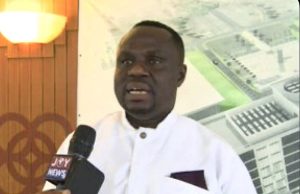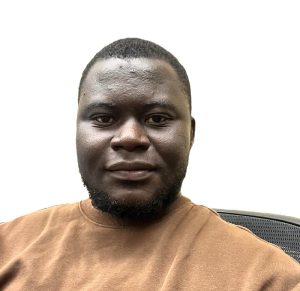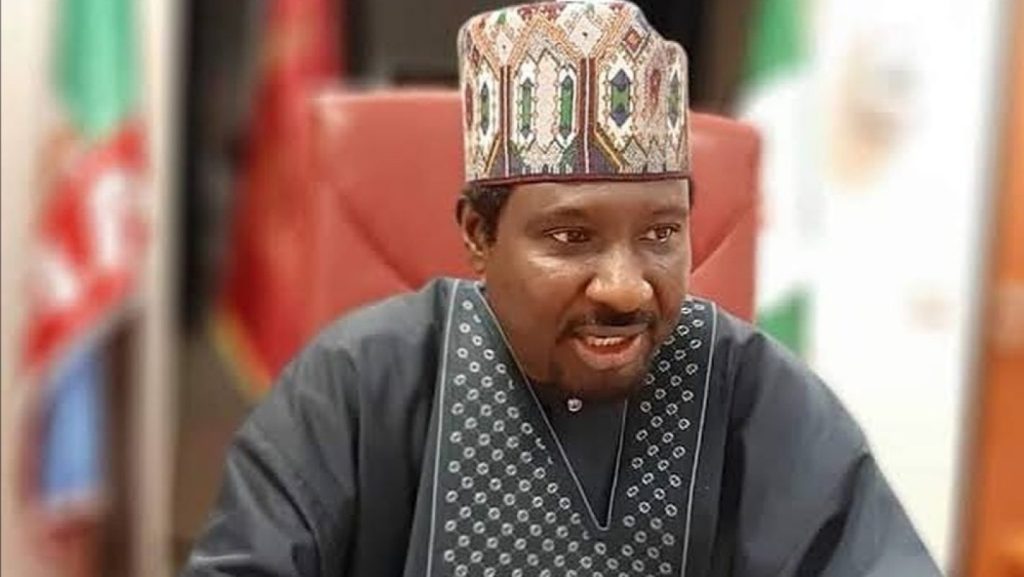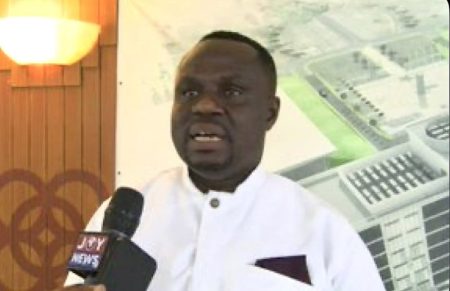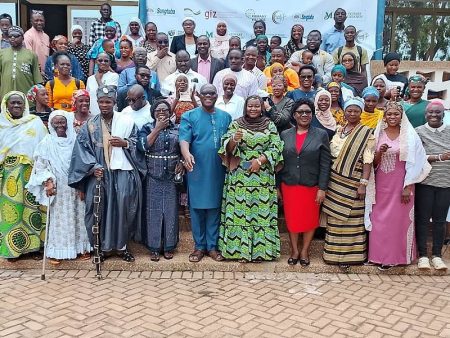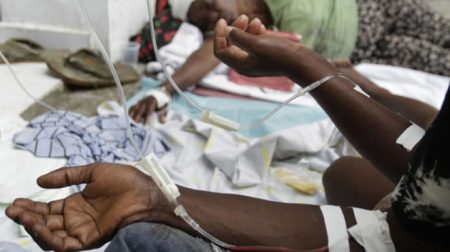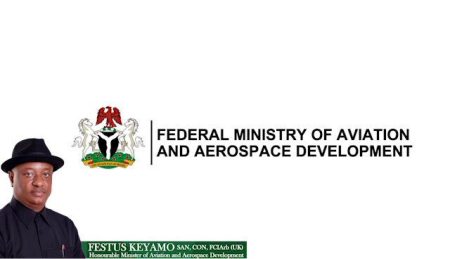The burgeoning movement for the creation of Anioma State from the present Delta State in Nigeria has garnered significant momentum, attracting widespread support across political and regional lines. This initiative, spearheaded by Senator Ned Nwoko, representing Delta North Senatorial District, aims to carve out the sixth state in the Southeast region, predicated on principles of national development, equitable representation, justice, and a more balanced federation. The proposal, formalized as Senate Bill 481, is currently undergoing legislative scrutiny as part of the ongoing constitutional amendment process. Senator Nwoko’s strategic engagement with his colleagues in the National Assembly has yielded remarkable results, culminating in an impressive endorsement from a supermajority of Senators.
The campaign for Anioma State has resonated deeply within the Senate, securing the backing of 90 Senators, significantly exceeding the two-thirds majority (67 Senators) constitutionally required for state creation. This overwhelming support underscores the compelling arguments presented in favor of the new state and reflects a growing consensus on the need for a more equitable distribution of resources and political power within Nigeria. This strong show of support in the Senate’s Red Chamber positions the Anioma State proposal favorably for successful passage and subsequent national approval. The diverse composition of the supporting Senators further reinforces the broad-based appeal of this initiative.
Among the prominent figures endorsing the creation of Anioma State are key leaders within the Senate, including Deputy Senate President Jibrin Barau, Senate Leader Michael Opeyemi Bamidele, and Senate Minority Leader Abba Patrick Moro. This high-level support not only adds significant weight to the proposal but also demonstrates the cross-party appeal of the Anioma State movement. Furthermore, the backing of influential former governors, such as Adams Oshiomhole (Edo State), Seriake Dickson (Bayelsa State), Orji Uzor Kalu (Abia State), and Gbenga Daniel (Ogun State), lends further credibility and momentum to the initiative. Their experience and understanding of the complexities of state governance provide valuable insights and strengthen the case for Anioma State.
The support extends beyond former governors to include prominent political figures like Senator Victor Umeh, a respected voice in the Southeast, Senator Ireti Kingibe, representing the Federal Capital Territory, Senator Simon Lalong, former Governor of Plateau State, and Senator Tony Nwoye, representing Anambra North. This diverse array of supporters highlights the national appeal of the Anioma State movement and suggests a growing recognition of the merits of the proposal across regional and political divides. The broad spectrum of endorsements reinforces the argument for a more inclusive and balanced federation.
The documented support of 90 senators significantly surpasses the constitutionally mandated two-thirds majority, which stands at 67 senators. This robust backing signifies that the Anioma state proposal has cleared a major legislative hurdle, paving the way for its advancement through the constitutional amendment process. With such a substantial margin of support in the Senate, proponents of the new state are optimistic about the prospects of legislative success. Furthermore, the growing list of endorsements suggests that the momentum for Anioma State is building, further bolstering its chances for eventual realization.
As the campaign for Anioma State gathers momentum, political analysts and legislative experts are increasingly confident in its prospects for success. The overwhelming support within the Senate, coupled with the broad-based appeal across regional and political lines, suggests that the proposal has a strong chance of navigating the remaining legislative hurdles and ultimately gaining national approval. The push for Anioma State represents a significant development in the ongoing national conversation around resource allocation, political representation, and the pursuit of a more just and equitable federation. The movement’s success could serve as a model for future state creation efforts, potentially reshaping the political landscape of Nigeria.


